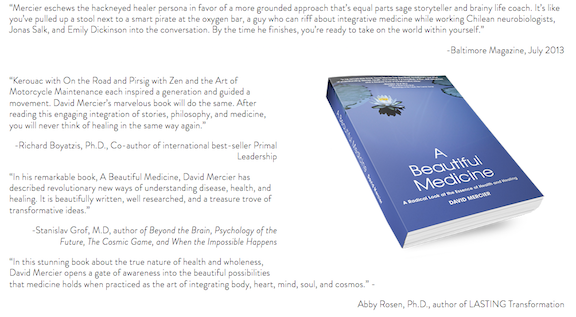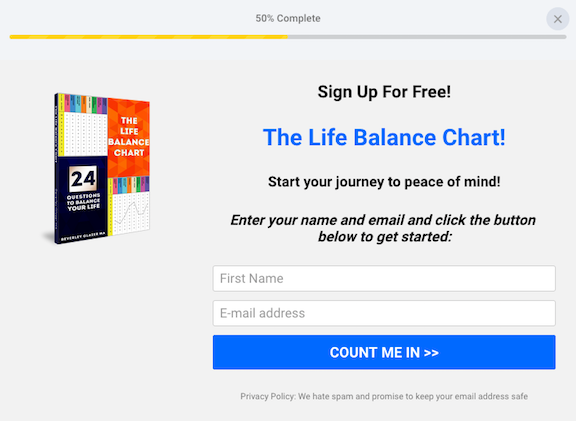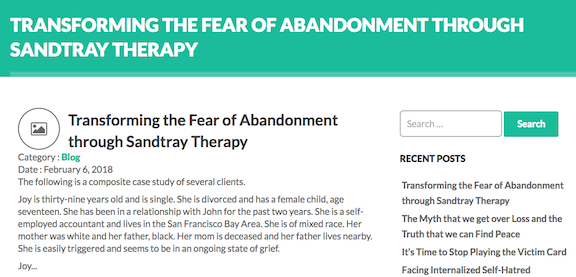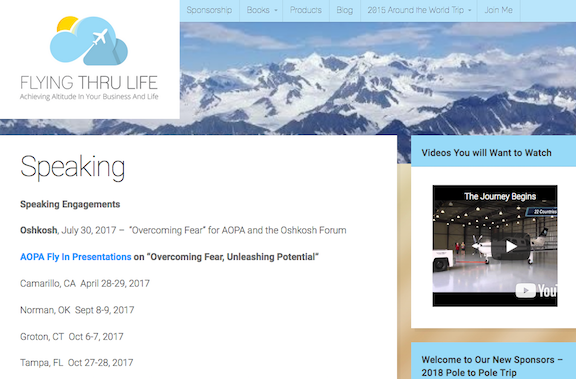Bring More Visitors and Sales to Your Author Website with These 5 Steps
 You’ve finally finished and polished your book and have all of the right elements in place for your marketing plan. But an important step that often gets missed is to have an author website that is not only up to date with the latest technology, but also grabs the attention of your readers.
You’ve finally finished and polished your book and have all of the right elements in place for your marketing plan. But an important step that often gets missed is to have an author website that is not only up to date with the latest technology, but also grabs the attention of your readers.
Time is precious, and your visitors are looking for quick information to use. If it isn’t readily available and easy to find, they will move on and you can miss out on capturing valuable subscribers.
A professional author website should include several qualities in order to draw in an audience on all platforms, including those using voice search technology:
- Simple, clear menus and navigation
- Professional graphics and media
- An FAQ section
- Pop-up optins as well as sidebar optins that appeal to your readers
- Prominent links to your social networks
- A regular flow of blog content
The best type of hosting is WordPress where you can customize a dedicated domain name with large a choice of templates and plugins to help make your landing page reflect your niche and style. It’s easy to integrate your email client with this platform whether you are using MailChimp, Aweber, Infusionsoft, ect.
If you are just starting out or rebuilding an existing website you want to have a unique presence online that is selling your books for you and attracting a larger audience. Here are several ways you can go from obscure to amazing and capture a loyal following.
5 Key Elements of a Great Author Website
1. Author Biography
The About page should initially grab the reader’s attention starting in the first paragraph. Stay focused and engaged with a description in your voice unique to you.
Include your name, the genre, and book titles. Include information such as how your book(s) can help your readers, and what or who influenced or inspired you as an author. Your unique biography is what will stand out from other authors.

Include a professional head shot — this will become a part of your author brand. Make sure that your photo is consistent with your book, website, and social media profiles.
2. Feature your book(s)
Your Author Media Kit and list of books should include the best of what you have to offer. Keep this section short, and as professional as as possible to include reviews from top sources that your audience will recognize. This is probably the most visited area on your website and in order to attract buyers and publicity you will want to make this memorable.

When writing your media kit, keep it focused on what you are an expert in, which will ultimately attract editors who write about that topic.
3. Capture your readers right away
As soon as a visitor arrives on your landing page they should be presented with an eye-catching opt-in that provides something of value for them. This could include an image of your book cover in the form of a pop-up where a simple message is included.

In this example readers can receive a helpful life balance chart — other ways to capture their attention could be a free chapter of your book, access to an exclusive video, steps they can take, ect. Some authors also include an exclusive Facebook Group access that is only available to their subscribers.
Once you have captured an interested reader provide them with a tailored Thank You message, which can provide even more incentives and a promise to deliver. Include eye-catching graphics or a helpful introduction video in order to give them the best value for their signup.
4. Regular blog posts
If you are a fiction writer this could be a place to offer updates on any events that you are attending or hosting, tips on how to write a non-fiction book, inspiration for your readers, the process of writing your book, ect. You will want to keep your readers in the loop at least once a week in addition to being active on social media throughout the week. A non-fiction book can include these elements; however, you will also want to write posts that support your topic.
The author blog is a great way to build a community directly on your website, and should also be complimented with regular emails that provide exclusive information and updates only available to your subscribers.

5. Author Events
Do you have any book signings or speaking engagements coming up? This is newsworthy information that you will want to include whether this be online or offline. Many authors are engaging in live video on places like Facebook, Instagram, and Twitter. Tweet chats can also be included here, which is one more way to build an interested audience.

With these main features in place you will be able to start building a solid author platform online with more visibility and an increase in interested readers who will be more likely to make a book purchase. Invest in tools to help you along in the process as well an enlisting the help of a web developer who can customize your website in a way that reflects your personality and brand.


0 Comments